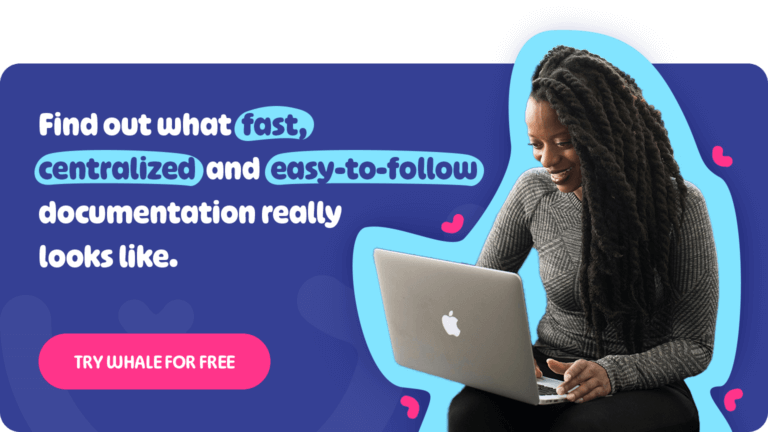It’s absolutely impossible to ignore the burgeoning growth of artificial intelligence (AI). It’s everywhere, permeating almost every facet of our lives – at home and work.
In fact, according to research by ZipDo, 37% of organizations have implemented some form of AI in their business – a 270% increase from four years prior. That same piece of research also found that it could automate 50% of all jobs in 10 to 20 years’ time.
But while this may seem daunting for many people, this technological tidal wave is also giving us a whole heap of new opportunities, helping us not just save time, but completely redefine the very essence of productivity.
In a world where every second counts, AI emerges as our trusty ally, armed with the prowess to automate mundane tasks, streamline processes, and unlock new dimensions of efficiency.
Welcome to the era where AI isn’t just a tool; it’s the heartbeat of workplace evolution.
So, how is AI being used in the workplace?
The growth of AI has been nothing short of spectacular, evolving from a promising concept to something that many people find indispensable in just a few years. But what’s really cause for celebration is not just the prevalence of AI, but the profound impact it has had on how we work, collaborate, and innovate.
The applications of AI in the workplace are diverse and continue to evolve rapidly. Here are some common ways in which some businesses are using it:
Automation of repetitive tasks:
AI is deployed to automate routine and repetitive tasks, such as data entry, document processing, and basic customer support queries. This helps to save time and reduce human error.
Intelligent virtual assistants:
Virtual assistants like chatbots leverage natural language processing (NLP) to handle inquiries, assist with information retrieval, and even perform specific tasks. They contribute to improved customer service and internal support.
Data analysis and predictive analytics:
AI algorithms analyze vast amounts of data to identify patterns, trends, and insights. This is particularly valuable for making data-driven decisions, predicting market trends, and optimizing business strategies.
Employee productivity and time management:
AI-powered tools can assist employees in managing their time more effectively. This includes smart scheduling, task prioritization, and reminders to enhance individual and team productivity. More on this later!
HR and recruitment:
It can also be used in human resources for tasks such as resume screening, candidate matching, and even conducting initial job interviews. This streamlines the recruitment process and helps in identifying suitable candidates.
Collaboration and communication:
AI can be integrated into collaboration platforms to enhance communication, with features like smart notifications, language translation, and sentiment analysis in emails or messages.
"AI-powered language translation tools are revolutionizing collaboration by breaking down communication barriers across global teams. Together with traditional methods, these technologies can achieve a balance of speed and precision, ensuring multilingual communication remains both efficient and culturally accurate. At Milengo, we integrate these approaches to deliver solutions tailored to the unique needs of businesses, fostering clarity and inclusivity in diverse environments." – Roman Kotzsch, CEO at Milengo
Cybersecurity:
AI is employed to bolster cybersecurity efforts by identifying potential threats, analyzing patterns of behavior to detect anomalies, and responding to security incidents in real-time.
Predictive maintenance:
In industries such as manufacturing, AI is used for predictive maintenance. Sensors and AI algorithms predict when equipment is likely to fail, allowing for proactive maintenance and minimizing downtime.
Project management and workflow optimization:
AI tools assist in project management by optimizing workflows, allocating resources efficiently, and identifying potential bottlenecks. This contributes to smoother project execution.
Personalized learning and development:
And finally it can be used in employee training programs to deliver personalized learning experiences, analyzing individual learning patterns to tailor content and recommendations for professional development.
According to the Nielsen Norman Group, generative AI systems improve employee productivity by 66%.
Should you be worried about the rise of AI in the workplace?
Naturally, there are growing concerns about the effects AI will have on people’s jobs, as well as their day-to-day lives. Are we being replaced by robots? 🤖
In a report by Goldman Sachs, they estimated that generative AI could replace a quarter of current jobs around the world – a total of 300 million 🤯
But don’t panic just yet.
While the apprehensions of what this new technology will mean for us is valid, the key lies in adaptation.
Far from being a looming threat, it has the potential to liberate humans from some of their more mundane tasks, allowing us to focus on creativity, strategy, and complex problem-solving.
However, it’s crucial to address concerns such as ethical considerations, data privacy, and the need for upskilling the workforce. The rise of AI should be met not with fear but with thoughtful consideration, collaborative efforts to shape responsible AI practices, and a commitment to fostering a future workplace where technology and human ingenuity coexist harmoniously.
So instead of being worried, teams should instead focus on how they can properly harness the powers of AI in their organizations.
10 tools your team needs to work more effectively
Now that you’re a bit more warmed up to the concept of using AI in your work life, let’s take a look at some of the best tools on the market right now to help increase your productivity and success. In no particular order…
1. Grammarly
Let’s start with Grammarly. This AI-powered writing assistant checks and corrects grammar, spelling, and style errors in written content. You can also use it for things like building outlines for project briefs, or identifying gaps in written articles.
Organizations across the globe use it to enhance the quality of their written communications, saving teams precious time and improving their engagement both internally and externally.
♥️ Why we love it: It allows people to spend less time worrying about their grammar and more time thinking about their message.
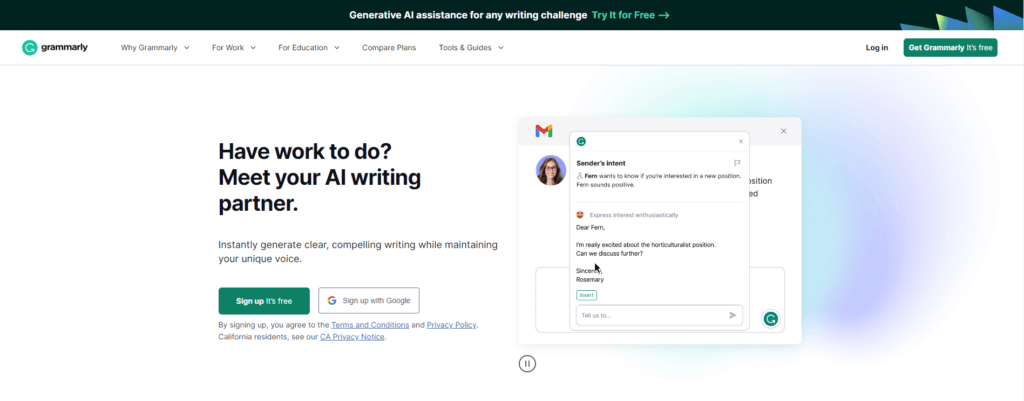
2. ChatGPT
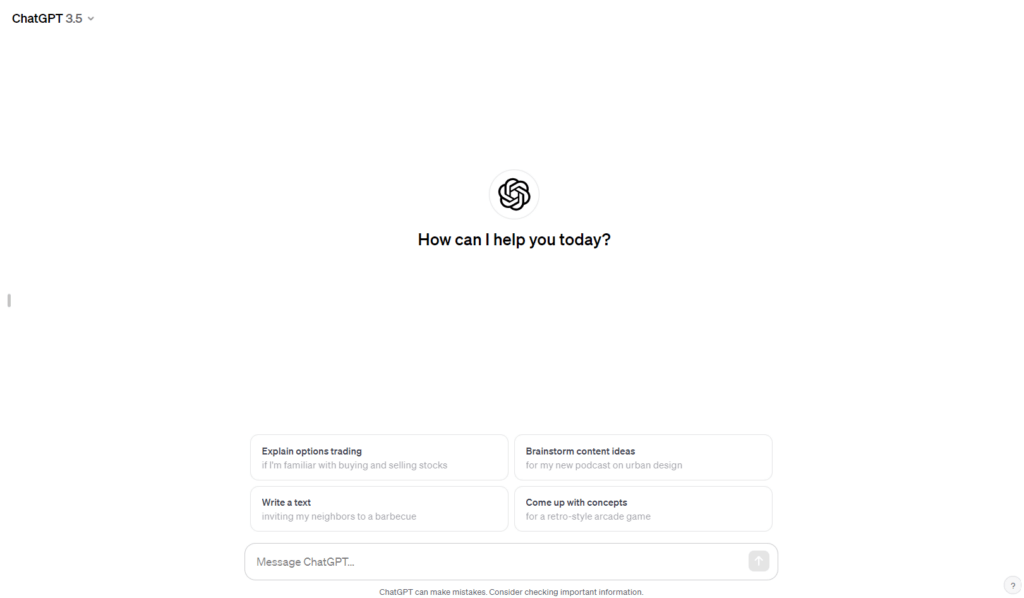
Okay, seriously, if you haven’t used ChatGPT to spice up your social posts or just to help you type a mail, we need to chat. This is a conversational AI model developed by OpenA, designed for natural language understanding and generation, making it suitable for a variety of applications, including chatbots and conversational interfaces.
One of the great things about ChatGPT is that it can learn as you use it, allowing you to work in your tone of voice and other writing nuances to make it sound more human.
A huge 97% of business owners think this tool will benefit their operations within the next 12 months.
♥️ Why we love it: ChatGPT is a great content planning tool, helping you research and build out information that people love.
3. Whale
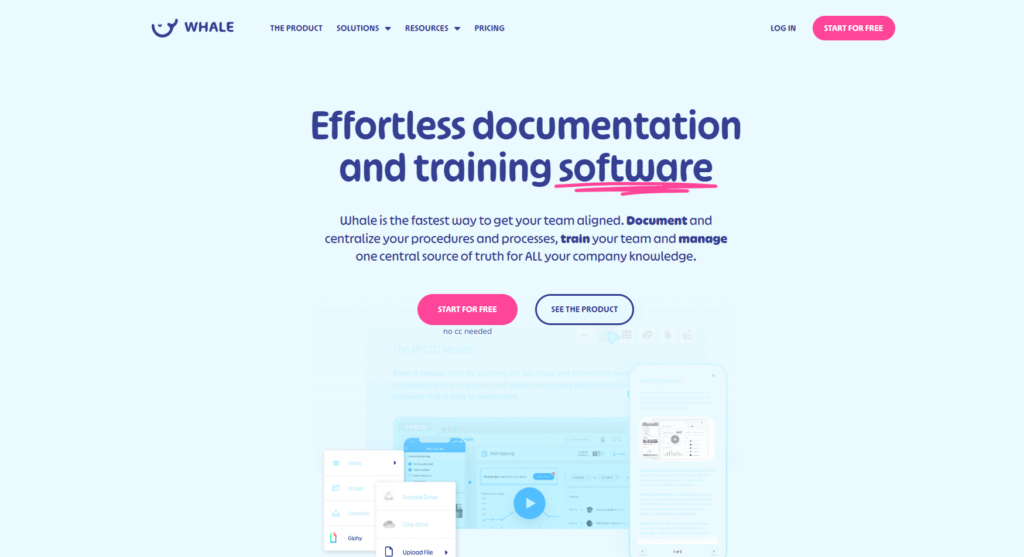
Whale what can we say? Whale had to make the list but not just because it’s ours but because teams the world over are using it. And loving it!
We developed Whale as a documentation and training tool that uses AI to help teams write new procedures and policies in seconds. All you need to do is input a few simple parameters and it’ll do the rest for you.
We’ve also just launched an AI quizzes tool that can generate multiple-choice questions for your team based on the content you’ve loaded in your Whale account.
This allows you to help your team learn new processes in a fun and engaging way – in barely any time at all!
♥️ Why we love it: We might be just a tad biased, but Whale is great for aligning teams, sharing knowledge and building a collaborative workforce.
4. Otter.ai
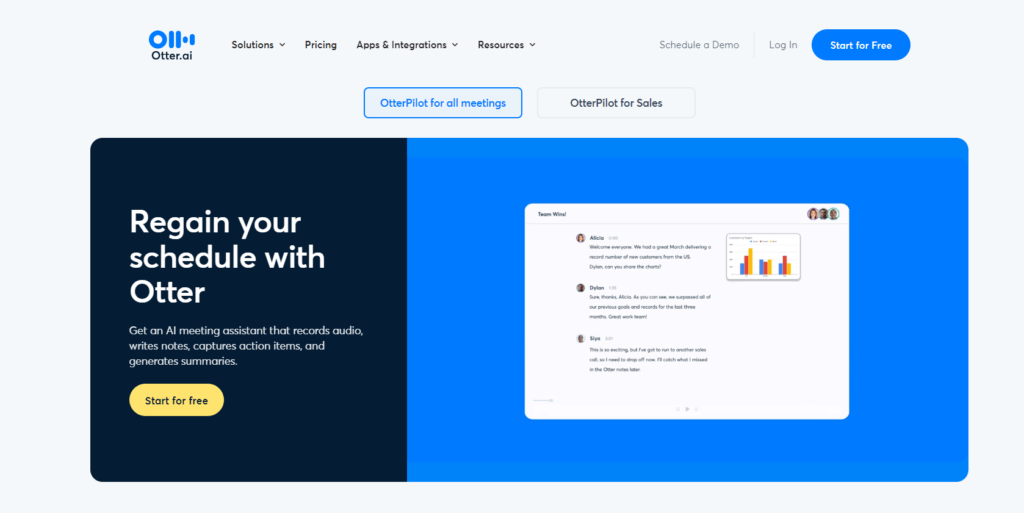
Otter.ai is an AI-powered transcription and note-taking tool which allows users to transcribe spoken words into written text in real-time. This is particularly useful for meetings, interviews and lectures, doing all the note-taking for you and making sure nothing is missed.
♥️ Why we love it: This eliminates the need for so much admin, helping teams quickly and easily share knowledge from different conversations and keep up-to-date.
5. Calendly
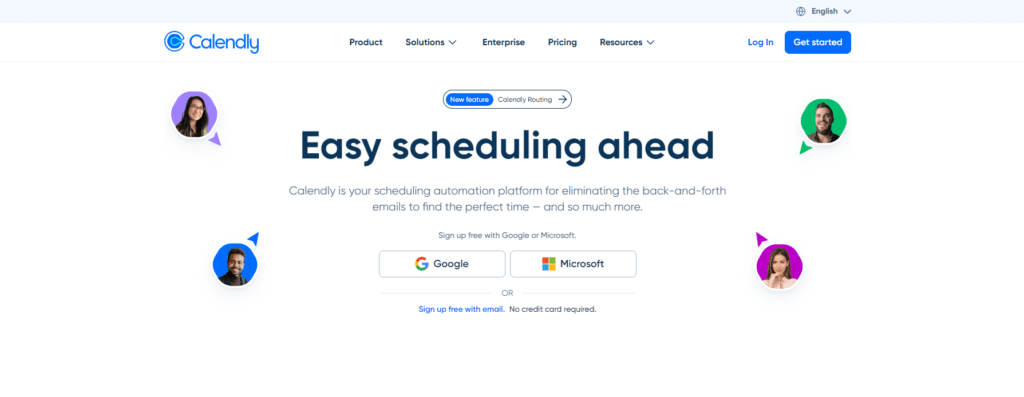
How much time and energy have you wasted trying to find slots in various different people’s calendars for a meeting? This could now be a problem of the past!
Calendly is an AI-driven scheduling tool that simplifies the process of setting up meetings by allowing users to share their availability. All you have to do is click on their link and book a slot in their calendar without the need for endless back-and-forth communication. Phew!
♥️ Why we love it: Anything that streamlines the meeting-booking process is a winner in our eyes!
6. Dall E2
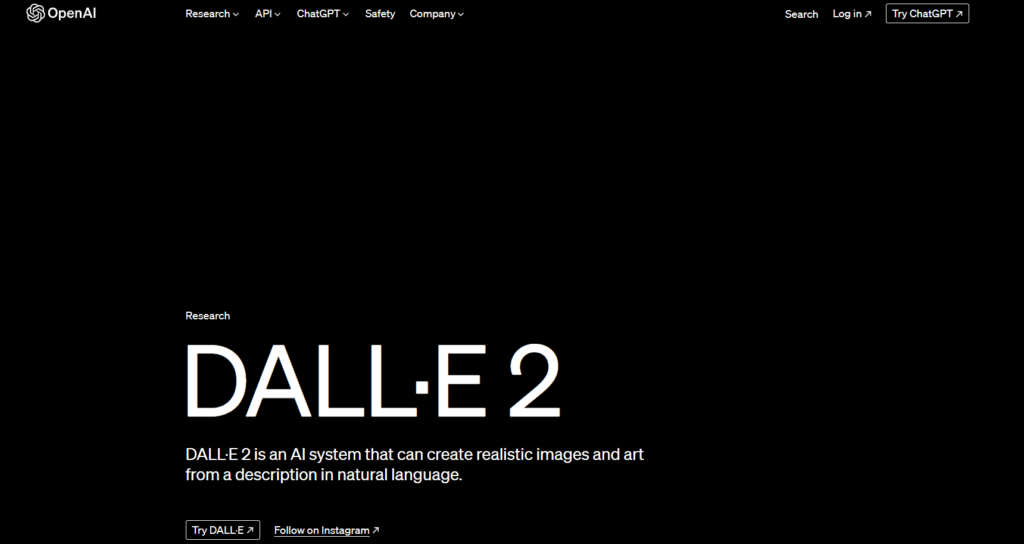
DALL-E 2 is an advanced version of an AI model developed by OpenAI. It specializes in generating images from textual descriptions, showcasing the capabilities of AI in creative content creation.
If your business creates a lot of written content, this is a great tool for finding the perfect images to go alongside your blogs or articles – bringing them to life and building a heap more interest than the average stock photo ever would!
♥️ Why we love it: This is a really fun way to see AI in action – make the images in your brain a reality.
7. Crystal
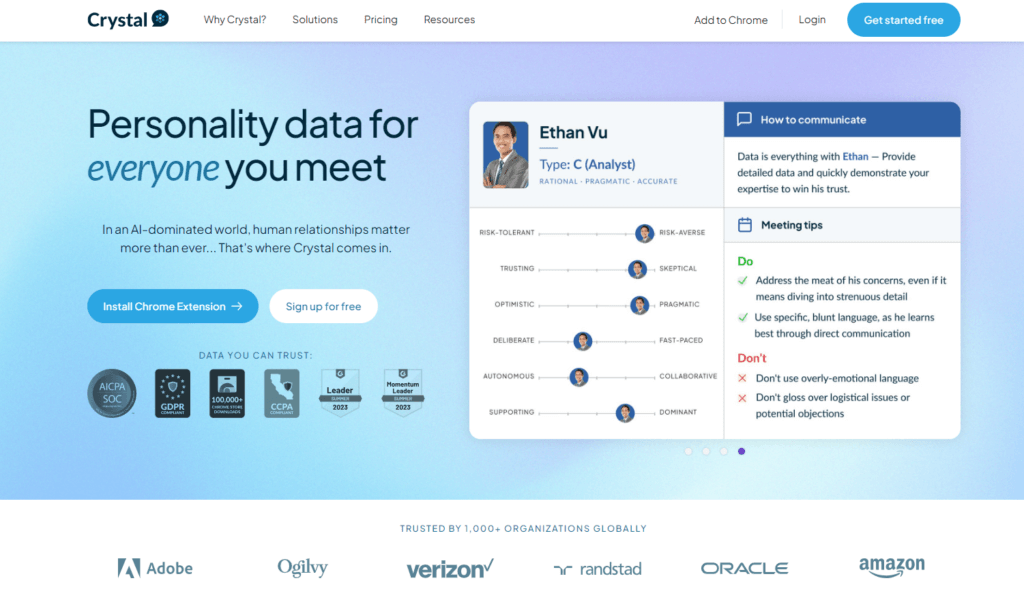
One of the concerns that many marketers have is the lack of human-centered communication that AI encourages.
Crystal is an incredible tool designed to provide insights into personality traits and communication preferences. It analyzes publicly available data, such as online profiles and communication patterns, to offer guidance on how to effectively communicate with individuals based on their unique styles.
♥️ Why we love it: We know just how important it is to communicate with people at their level, and this is the ideal tool to help you do it.
8. Descript
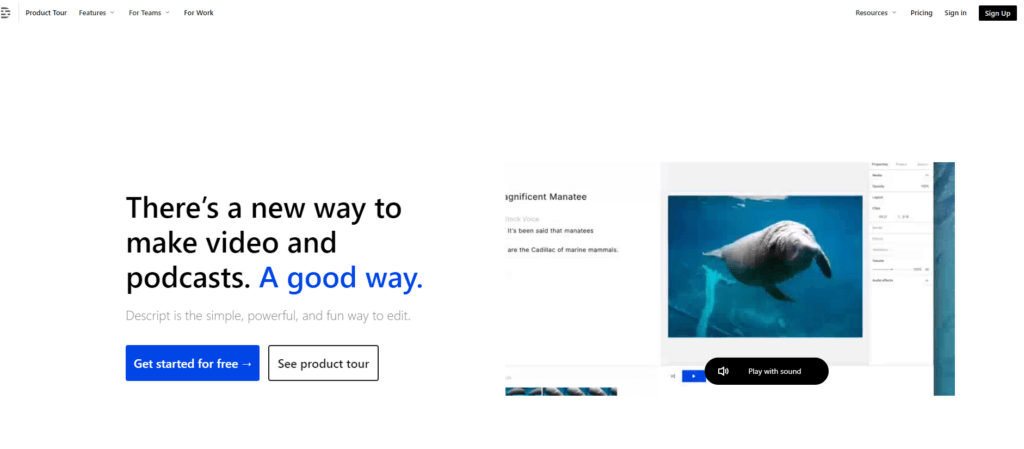
Descript is an all-in-one audio and video editing tool that allows users to record, transcribe, edit, mix and collaborate in one place. They’re encouraging more teams to use video to communicate with one another, recording quick presentations and updates to replace time-consuming meetings.
Their tool is also great for content marketing, allowing teams to bring more video marketing in-house with quick video tools.
♥️ Why we love it: Video is a huge part of the future of business communication, and we love a tool that makes this easier for teams.
9. Mem
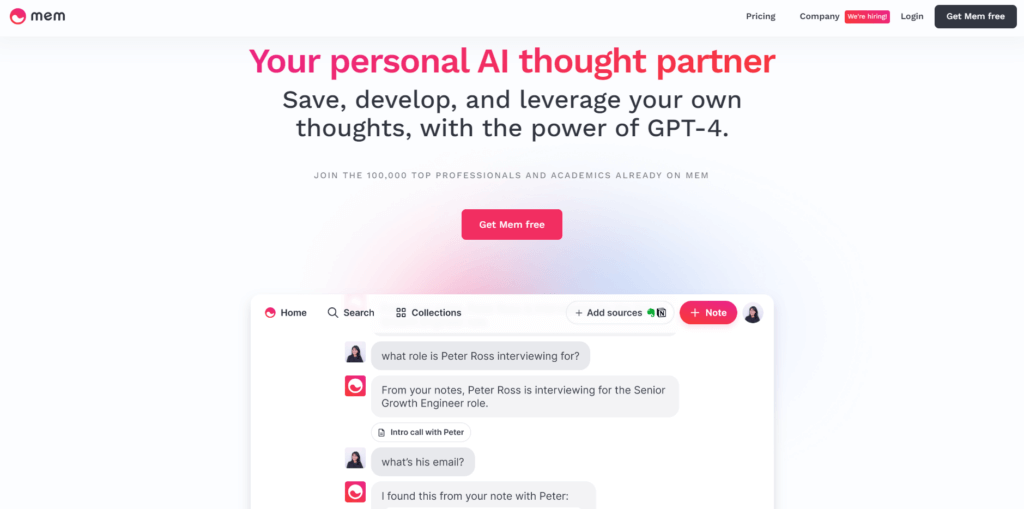
Mem is a collaborative note-taking tool that uses AI to organize relevant information and compile them all in one place. It’s ideal for helping organizations to capture and share knowledge seamlessly.
This one’s also great for your personal life, helping you to tick off some of those niggly tasks on your to-do list, like working out what gift to buy a friend or compiling your shopping lists.
♥️ Why we love it: No more endless paper lists!
10. Asana with Workload
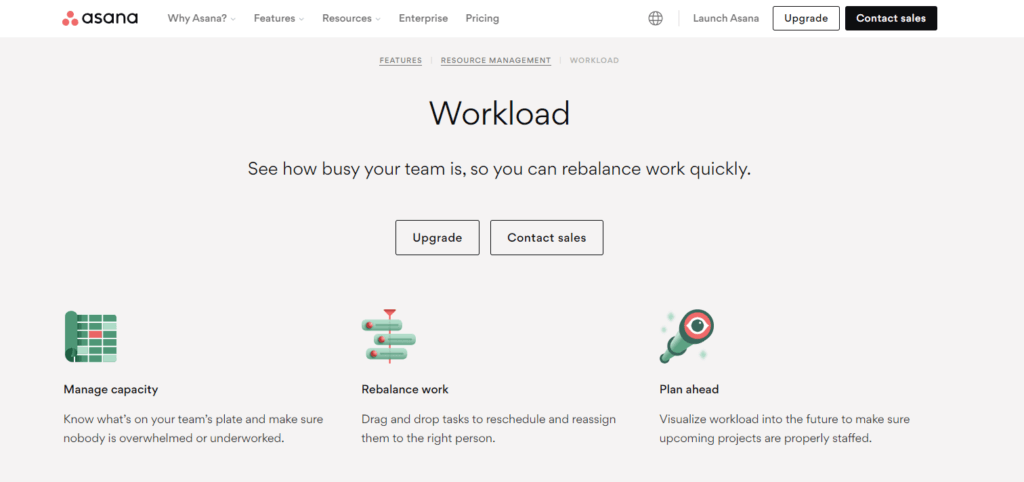
Project management tool, Asana, when used with the Workload feature, helps teams to balance their workloads, allocate resources more efficiently and optimize project timelines.
♥️ Why we love it: This is a real winner for any time-poor project managers!
Bottom line?
As organizations stand at a crossroads of technological transformation, the need to prepare for AI is not just a matter of choice; it’s a strategic necessity.
Organizations should be proactively investing in the upskill of their workforce, fostering a culture that embraces change and integrates AI seamlessly into existing structures. With forward-thinking preparation, you can steer the ship, rather than just ride the wave.

